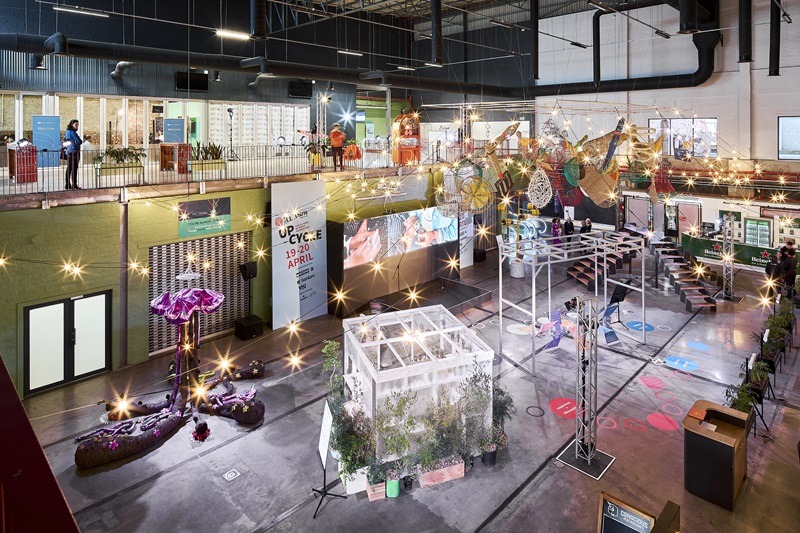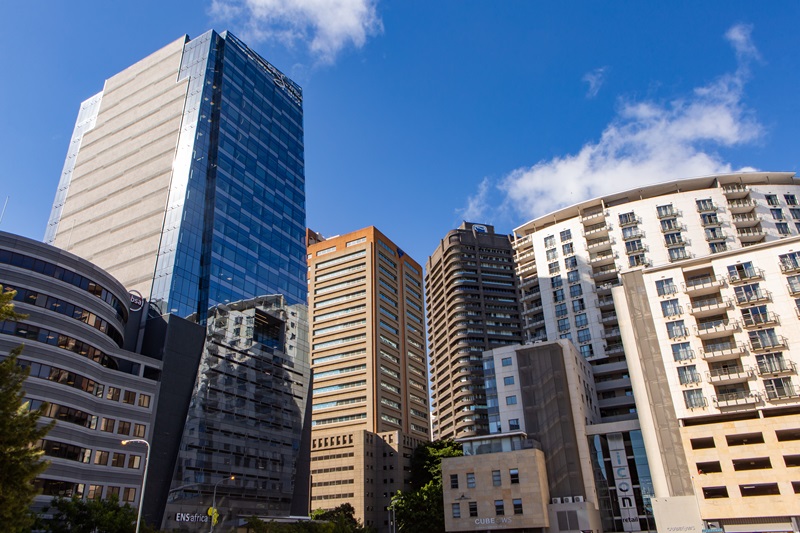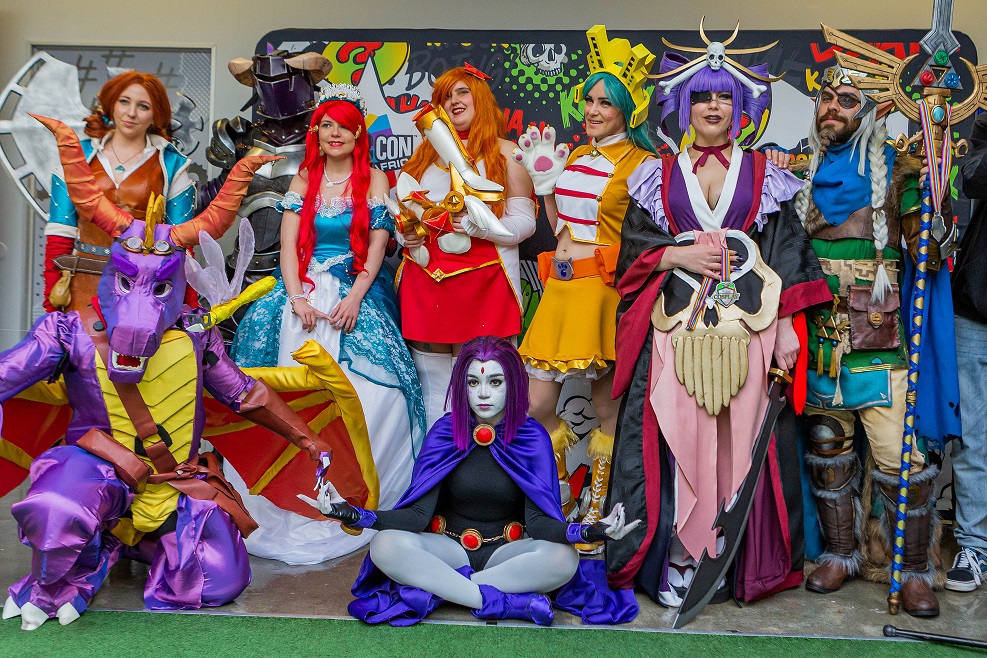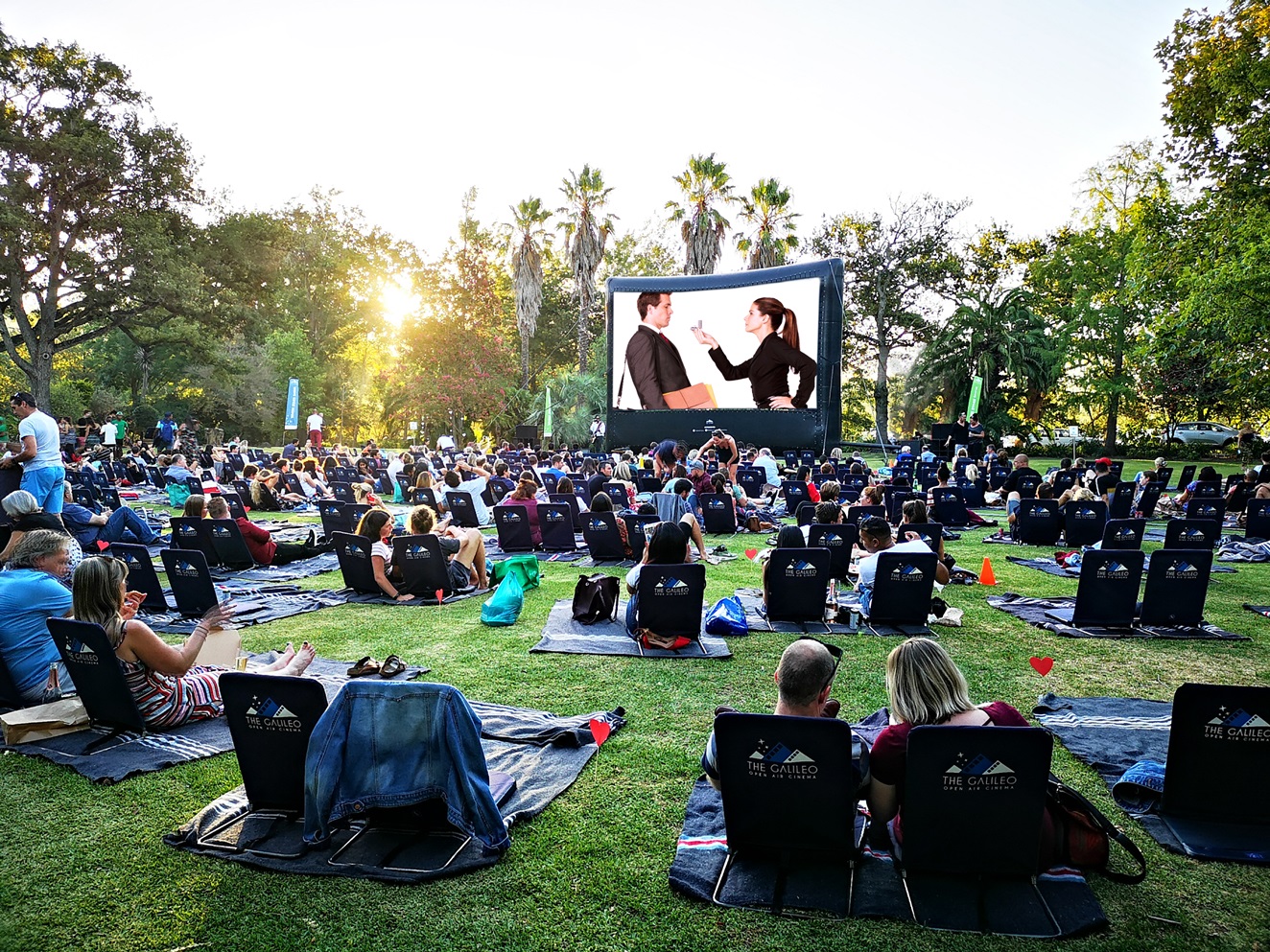It is not unheard of to find stranded baby turtles along Cape Town’s coastline at this time of the year. These little hatchlings are not fond of the cold water temperatures in our region and run the risk of suffering from hypothermia, or falling prey to bigger animals. Here are a few tips on how you can help these little creatures survive the winter.
1) Know what to do when you find a hatchling
If you stumble upon hatchlings along the beach, make sure you follow the right steps to ensure that you don’t endanger them. “You should never put them back in the water, but rather place them in a dry container, on a soft piece of fabric. This container needs to have holes for air and they need to be kept at room temperature, in order for them to warm up slowly.” Says SANParks ranger, Clive Martin. He also advises you to reach out to the Two Oceans Aquarium, or your nearest turtle rescue programme, and explain where you found the turtle and arrange to drop off your rescued hatchlings with them.
2) Donate to causes that help sea turtles
The Two Oceans Aquarium, by way of example, has its own turtle rescue programme. Just this autumn alone, 213 turtle hatchlings have already been rescued, as more arrive from all along the coast. If you’re not in Cape Town or close by, there are a number of partner organisations linked to Two Oceans Aquarium that could help, or you could look up the local aquarium in your area. More often than not, these organisations have donation details available on their websites. You could make a once-off donation or a more regular contribution.
Other ways of helping include looking into and helping out companies that have partnered up with turtle-rescue initiatives. The Radisson Blu Hotel Waterfront, for example, has partnered with the Two Oceans Aquarium Education Foundation’s Turtle Rescue Programme. Through this partnership, hotel guests are able to make a donation to the programme. This allows the aquarium to continue to actively rescue, rehabilitate and release distressed, or injured sea turtles. “We are thrilled to have partnered with the Two Oceans Aquarium on this,” says Michelle Cyster, Front Office Manager at Radisson Blu Hotel Waterfront. “Being a seaside hotel means we have the benefit of sharing the beauty of the ocean. It’s only right for us to do our part in protecting those that live in it.”
3) Keep the beach free of trash
Turtles often mistake litter – especially plastic bags – for food such as jellyfish. Eating these pieces of rubbish can cause choking or even death. You can do your part by ensuring you simply not litter. There is, of course, always room to do more, such as participate in beach cleanups. These happen on a regular basis all across South Africa. The most prominent and active of these organisations in Cape Town is Clean C.
4) Don’t buy souvenirs made from turtle shell
The hawksbill sea turtle is a critically endangered sea turtle and, unfortunately, their shells are often used in making jewellery and accessories. SANParks ranger, Clive Martin, who works in and around Cape Point, advises that you ask the souvenir vendor what the items are made from.
“If you’re not entirely convinced that it’s not turtle shell, rather buy something else,” says ranger Clive.
5) Be more environmentally friendly
There are many easy habits we can change that will benefit sea turtles – and other ocean life – in the long run. Reduce the amount of single-use plastic you use as so much of this plastic ends up in the ocean and is harmful to all marine life. Also, use a more environmentally friendly sunscreen. Sunscreen that contains oxybenzone is damaging to coral reefs and slowly pollutes the habitat in which sea turtles live. Read your sunblock packaging carefully to see what chemicals are used and if its ingredients are “reef friendly”.
Provided by Irvine Partners


























